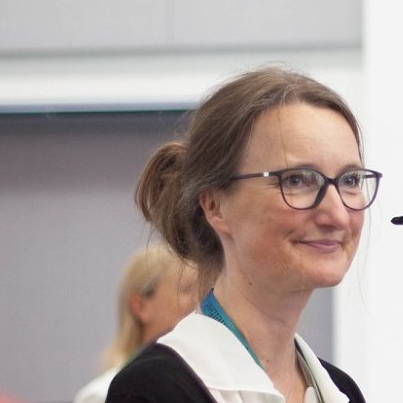COCOA: COmputational COgnitive Assessment

Dementia is now the leading cause of death in the UK, accounting for 12% of all deaths per year (ONS 2017). It is estimated to cost the UK society £26.3 billion a year (Alzheimer’s Society Dementia UK Report). By 2030, over 44 million people worldwide are expected to be living with dementia.
Treatments are most effective in the early stages of neurodegenerative disorders before dementia has developed and irreversible brain damage has occurred. However, it is difficult to identify people in the early stages of neurodegeneration because the symptoms of disorders causing dementia overlap with memory concerns associated with normal ageing, depression or excessive anxiety about cognitive function.
Current tests capable of identifying people at high risk of developing dementia are expensive and invasive: Positron Emission Tomography (PET) scans expose people to radiation; amyloid analysis of the cerebrospinal fluid involves a lumbar puncture. The currently available tests for stratifying or screening people with cognitive complaints, based on pen-and-paper testing, lack sensitivity or specificity, especially early in the disease process. Most non-invasive tests also suffer from learning effects which prohibit frequent re-testing.
There is therefore an urgent medical need for a reliable, repeatable, non-invasive, easy to use, and low-cost tool for identifying people at risk of developing dementia. This would ensure quicker access to specialist assessment and treatment for those found to be at high risk and more rapid reassurance for those at low risk of developing dementia. An ideal tool would allow re-testing for those at intermediate risk or whose performance fluctuates, and would be usable without requiring assessor expertise for example in people’s own homes.
Our project will provide proof-of-concept for a diagnostic assessment tool that we have developed to meet this need. COCOA (COmputerised COgnitive Assessment) works by detecting signs of early dementia in a person’s speech as they answer specially designed questions – something which is known to be a cognitively highly demanding task involving multiple domains such as memory, language and attention. We aim to demonstrate that COCOA is accurate when used in multiple settings, on patients with confounding memory symptoms and during repeated testing.
Our team comprises expertise in AI, computer science, neurology, neuropsychology and clinical linguistics from the University of Sheffield and Sheffield Teaching Hospitals Trust, and, through our industrial partner MABLE Care, knowledge of commercialisation of products in this area. At the end of this project, COCOA will be ready for validation in a larger-scale study to demonstrate sensitivity and specificity as well as cost effectiveness in those clinical settings where it will be implemented for routine use.


People and Partners
Working with Dr Bahman Mirheidari, Dr Dan Blackburn, Prof Markus Reuber, and Dr Traci Walker.
